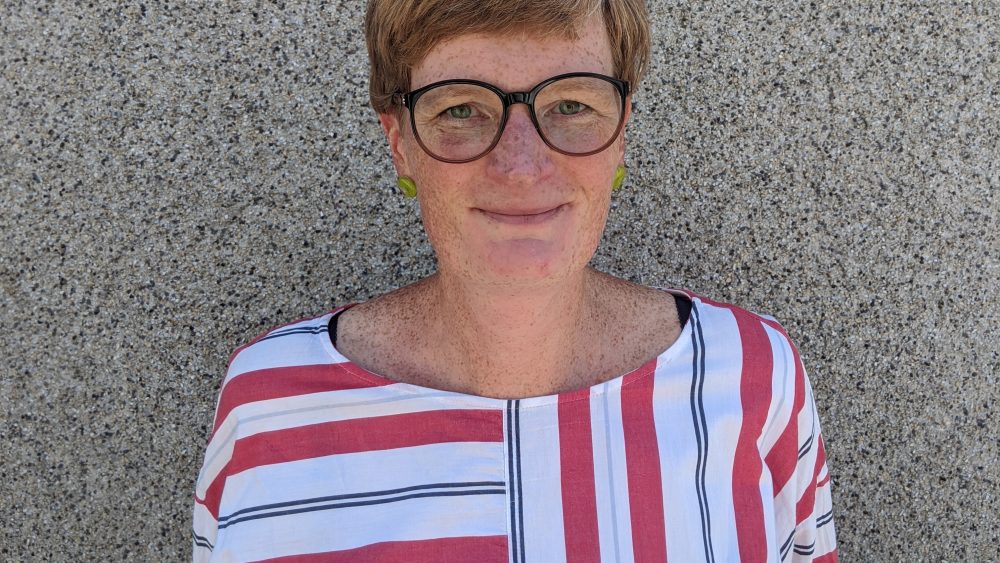Levke Harders is working in the fields of gender studies and migration history at Bielefeld University in Germany. She has been part of the collaboration between the National Graduate School in Historical Studies, and the historians at University of York and Bielefeld University, and encouraged PhD students to take advantage of the possibilties offered by the collaboration. She visited the Department of History, Lund University, in March 2019, and entcounted Scandinavian academic culture.
I first encountered the Graduate School with its inspiring people in 2016 on the occasion of the first trilateral workshop with doctoral researchers from Lund, York, and Bielefeld. It was a stimulating conversation and—for me personally—the “beginning of a beautiful friendship”. The trilateral program facilitates both discussions between 15 to 20 PhD researchers from the participating universities every summer, alternately in York, Bielefeld, or Lund, and a desk exchange in autumn for up to six doctoral students. As a postdoctoral researcher I, too, benefited greatly from the National Graduate School in History when I was invited to spend ten days in Lund in March 2019.
I could now pen smart paragraphs about research, methods, and theories or about the importance of academic mobility. I won’t, because I will rather write about fika. Yes, I know, this afternoon break with coffee and cake is also just a stereotype about Sweden, but nevertheless a significant one. My research stay was extremely productive because of 1) the discussions with Lund historians about the Danish case study of my research project; 2) access to Scandinavian literature in Lund University’s libraries, 3) conversations with Lund’s international community of historians working on different topics and time periods. These three features are very much related to fika.
I study migration in nineteenth century Europe, looking at the inclusion and exclusion of migrants on the local, regional, and state level in French Alsace and the Danish duchies of Schleswig and Holstein. With its strong tradition in social, cultural, and religious history, Lund’s Department of History and the Graduate School offered an ideal setting to discuss my research over coffee and cake. Tack så mycket to all the colleagues who spent their scarce time for answering my questions. I then could immediately find their literature references in the library, sparing me many interlibrary loans, only to hurry back to the department’s kitchen to be on time for lunch or afternoon coffee. This place, it occurred to me, functioned as an open resonance space, where scholars could talk to each other easily and regardless of their academic status. Lund’s research focus in the history of knowledge in particular generated some new ideas for my own project. Not least, Swedish pastries are delicious.
During the fortnight in Lund, I gained a lot. But what did I contribute to this academic exchange? I had arrived with candies, namely gummi bears, usually a popular gift from Germany when I travel abroad. But in Lund, the present led to some bickering whether Haribo is a ‘German’ or a ‘Danish’ company. Well, as historians we reflect on methodological nationalism, then again, we cannot take a joke when it comes to sweets and fika.
Happy Birthday National Graduate School in Historical Studies! You can be proud of your successful program—and I am honored to know you.
Levke Harders tweets with the handle @LevkeHarders and her research blog is Migration and Belonging.

